‘Developers will need to adapt’: Microsoft CEO Satya Nadella joins Google’s Sundar Pichai in revealing the scale of AI-generated code at the tech giants – and it’s a stark warning for software developers
AI-generated code is all the rage in big tech, so where does this leave software developers?

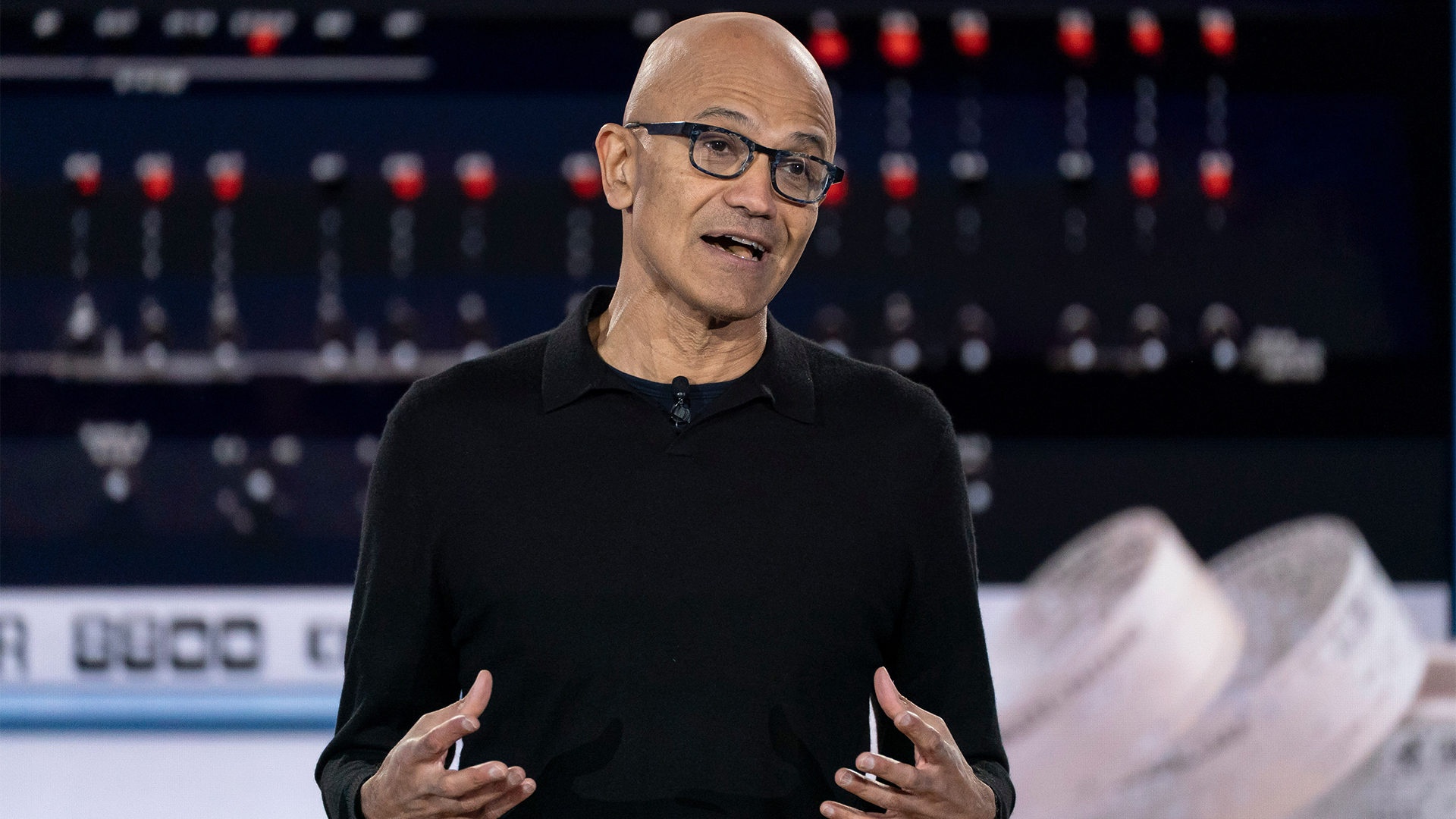
Sign up today and you will receive a free copy of our Future Focus 2025 report - the leading guidance on AI, cybersecurity and other IT challenges as per 700+ senior executives
You are now subscribed
Your newsletter sign-up was successful
Microsoft CEO Satya Nadella says up to 30% of the tech giant’s code was written by AI, prompting more questions over the impact of the technology on software development.
Speaking during a fireside chat with Meta CEO Mark Zuckerberg at LlamaCon last month, Nadella revealed that anywhere between 20% to 30% of code was “written by software” - essentially meaning it’s AI-generated.
“I’d say maybe 20%, 30% of the code that is inside of our repos today and some of our projects are probably all written by software,” Nadella told Zuckerberg.
He added that the volume of code being written by AI at the firm is gradually increasing, but there have been mixed results across different programming languages.
Notably, the company has been making significant progress with AI-generated code in Python, while C++ has been a trickier endeavor. It’s no surprise Python has been a smoother experience for the firm – research from Snowflake last year revealed Python had emerged as the ‘language of choice’ for AI developers.
During the discussion, Zuckerberg also pointed to Meta’s own progress on this front, revealing that the company is developing an AI model capable of building future Llama models.
“Our bet is sort of that in the next year probably…maybe half the development is going to be done by AI, as opposed to people, and then that will just kind of increase from there,” Zuckerberg said.
Sign up today and you will receive a free copy of our Future Focus 2025 report - the leading guidance on AI, cybersecurity and other IT challenges as per 700+ senior executives
The duo’s comments are the latest in a string of hints on the potential of AI tools in software development. Microsoft CTO Kevin Scott said he expects 95% of all code to be AI generated by 2030, for example.
Zuckerberg in particular has been outspoken on the matter, having told Joe Rogan earlier this year that the technology is reaching a point where it could replicate the work done by mid-level engineers.
“Probably in 2025 we at Meta, as well as the other companies that are basically working on this, are going to have an AI that can effectively be a sort of mid-level engineer at your company that can write code,” Zuckerberg told Rogan.
Microsoft and Meta aren’t alone in this AI-generated code push, either. Last year, Google CEO Sundar Pichai revealed around 25% of the company’s internal source code was generated by AI.
Speaking during an earnings call, Pichai told analysts that the firm has been using AI extensively within its development teams - mainly to improve coding processes and boost productivity and efficiency.
This code is subject to robust safeguards, Pichai insisted, with human approval required by engineers who are kept in the loop throughout the process. This helps improve engineer workflows and allows them to move faster, he said.
Is it curtains for developers in the age of AI?
Concerns over the potential for AI to render developers obsolete have been raised repeatedly over the last 18 months, with two distinct camps emerging on the issue.
Proponents of the technology have highlighted the benefits of integrating AI tools within daily workflows, with developers often reporting marked productivity and efficiency gains.
Research from GitHub last year found developers using AI solutions reported delivering more secure software, improvements to code quality, and faster adoption of new languages.
On the other hand, there have been reactionary claims that we could be facing an onslaught of AI-related job losses in the near future, but these haven’t quite materialized.
Regardless, comments from leading figures in the tech industry may have some devs looking over the shoulders - especially from Nadella.
The company recently announced plans to cut around 3% of its global workforce, and reports from Bloomberg suggest that programmers were among the worst affected in this most recent batch of layoffs.
With the cuts impacting nearly 2,000 staff at its Redmond headquarters in Washington State, state filings show around 40% of those were in software engineering roles.
Developers will have to adapt
Ultimately, developers will have to adapt to the influx of AI tools within the profession, according to Martin Reynolds, Field CTO at Harness.
“With technology’s biggest players like Microsoft using AI to write increasing volumes of their code, developers will need to adapt by focusing on tasks that require human judgment, creativity, and oversight,” he said.
“While there may be anxiety about job displacement, the trend also presents opportunities for software engineers to become more entrepreneurial by suggesting new projects, or work on more strategic and high-value tasks,” Reynolds added.
Reynolds added that while AI tools may improve efficiency, they do not represent a silver bullet for enterprises. Humans will always have to remain in the loop to ensure safety and quality.
“But let’s be clear, software engineers will remain integral in reviewing and debugging AI-written code to ensure quality and functionality. Current AI models can produce code efficiently, but may introduce bugs or suboptimal solutions, necessitating human intervention.”
Reynolds’ comments on adaptation align with previous research from Gartner on the topic of AI in software development. A study published by the consultancy last year noted that the technology will transform the profession and that around 80% of engineers will be forced to upskill by 2027.
But that doesn’t necessarily equate to job losses, the study insisted. Those who upskill to adapt to the influx of these tools within the profession will likely become the hottest talent in the industry.
Research from AWS in early 2024 highlighted this in particular, revealing that employers will be willing to pay up to a 31% premium on salaries for workers with AI skills.
MORE FROM ITPRO
- Want developers to build secure software? You need to ditch these two programming languages
- Developers should view AI as a “golden opportunity” and not a destroyer of jobs
- The NCSC wants developers to get serious on software security

Ross Kelly is ITPro's News & Analysis Editor, responsible for leading the brand's news output and in-depth reporting on the latest stories from across the business technology landscape. Ross was previously a Staff Writer, during which time he developed a keen interest in cyber security, business leadership, and emerging technologies.
He graduated from Edinburgh Napier University in 2016 with a BA (Hons) in Journalism, and joined ITPro in 2022 after four years working in technology conference research.
For news pitches, you can contact Ross at ross.kelly@futurenet.com, or on Twitter and LinkedIn.
-
 Hackers are pouncing on enterprise weak spots as AI expands attack surfaces
Hackers are pouncing on enterprise weak spots as AI expands attack surfacesNews Potent new malware strains, faster attack times, and the rise of shadow AI are causing havoc
-
 Boards are pushing for faster returns on AI investments, and tech leaders can't keep pace
Boards are pushing for faster returns on AI investments, and tech leaders can't keep paceNews AI projects are now being held to the same standards as any other business investment
-
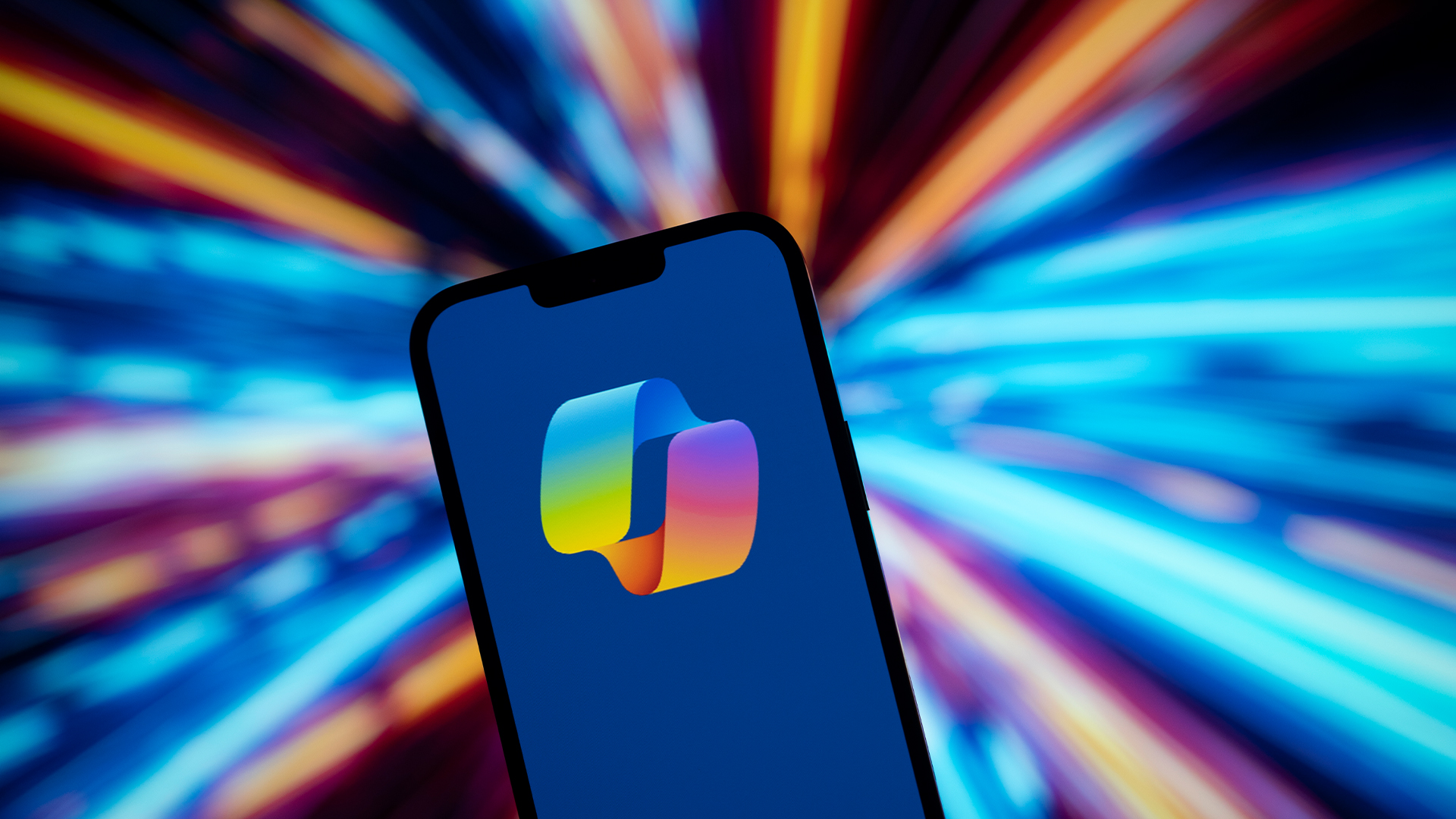 Not keen on Microsoft Copilot? Don’t worry, your admins can now uninstall it – but only if you've not used it within 28 days
Not keen on Microsoft Copilot? Don’t worry, your admins can now uninstall it – but only if you've not used it within 28 daysNews The latest Windows 11 Insider Preview will include a policy for removing the app entirely — but only in certain conditions
-
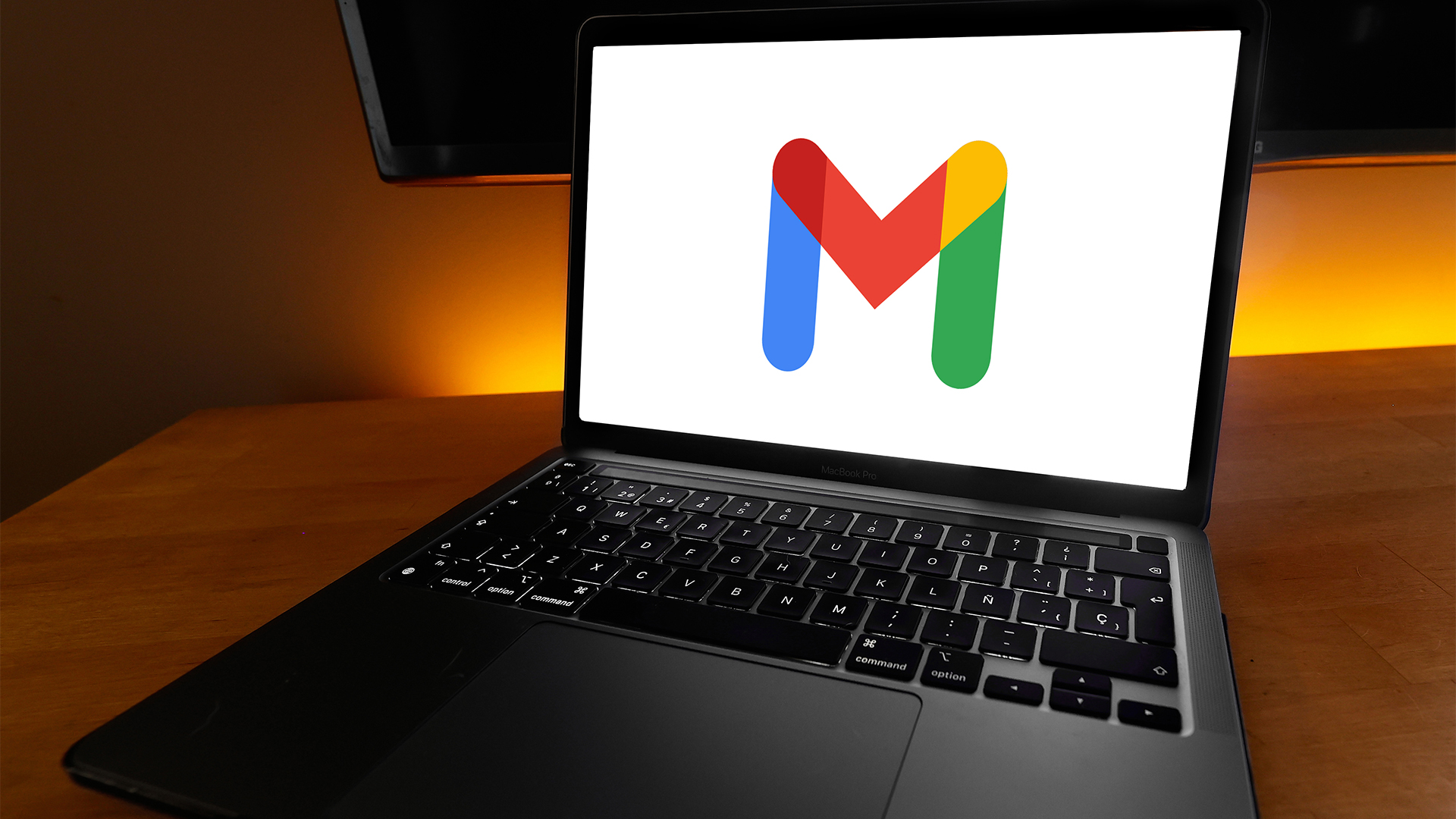 New Gemini features are coming to Gmail, but don't worry, you can switch them off – Google says they're not a 'forced requirement' and users can opt for the classic version
New Gemini features are coming to Gmail, but don't worry, you can switch them off – Google says they're not a 'forced requirement' and users can opt for the classic versionNews Google has announced plans for deeper AI integration within Gmail to help users automate inboxes, here's how to turn the features off.
-
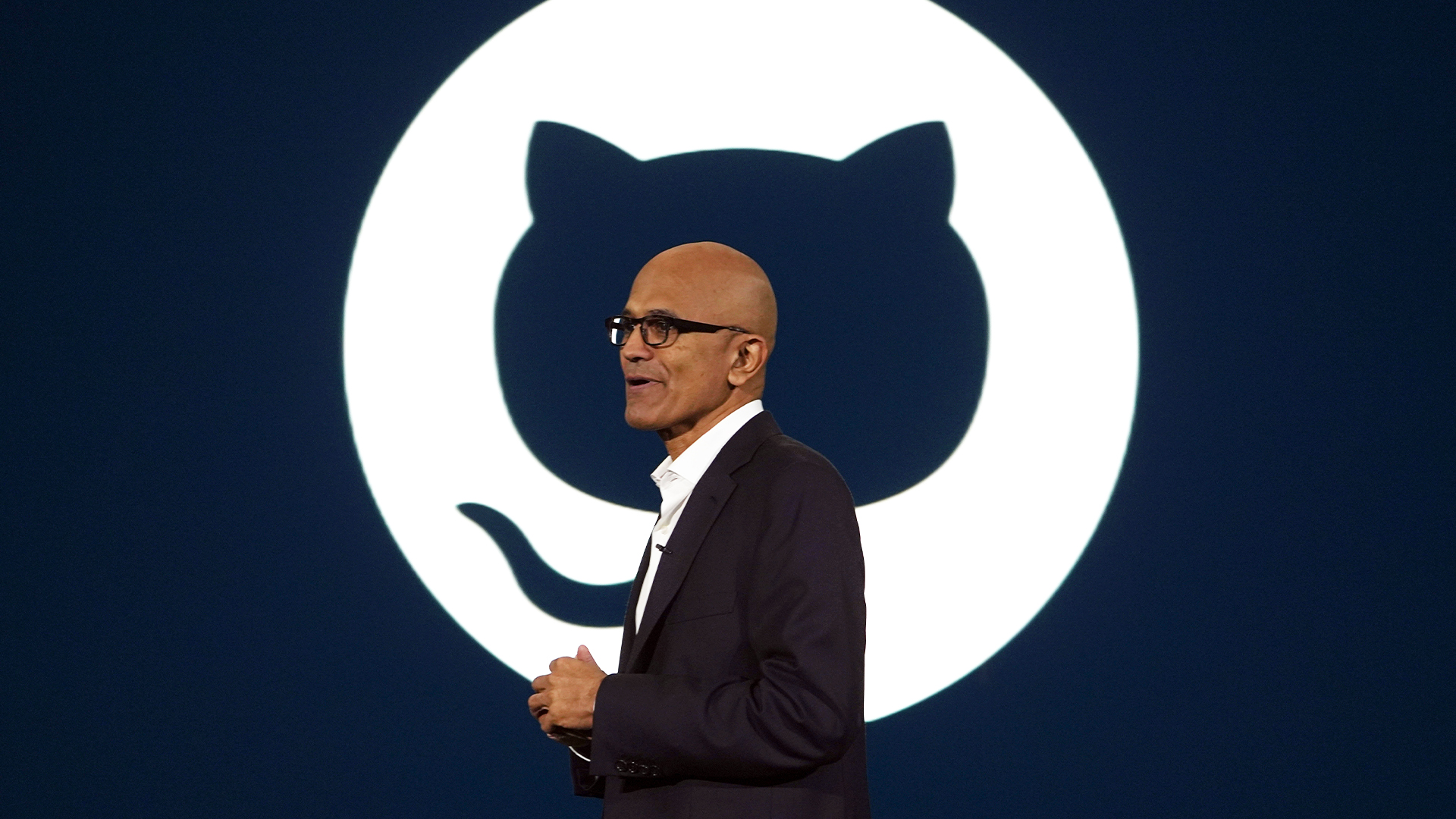 Microsoft is shaking up GitHub in preparation for a battle with AI coding rivals
Microsoft is shaking up GitHub in preparation for a battle with AI coding rivalsNews The tech giant is bracing itself for a looming battle in the AI coding space
-
 ‘1 engineer, 1 month, 1 million lines of code’: Microsoft wants to replace C and C++ code with Rust by 2030 – but a senior engineer insists the company has no plans on using AI to rewrite Windows source code
‘1 engineer, 1 month, 1 million lines of code’: Microsoft wants to replace C and C++ code with Rust by 2030 – but a senior engineer insists the company has no plans on using AI to rewrite Windows source codeNews Windows won’t be rewritten in Rust using AI, according to a senior Microsoft engineer, but the company still has bold plans for embracing the popular programming language
-
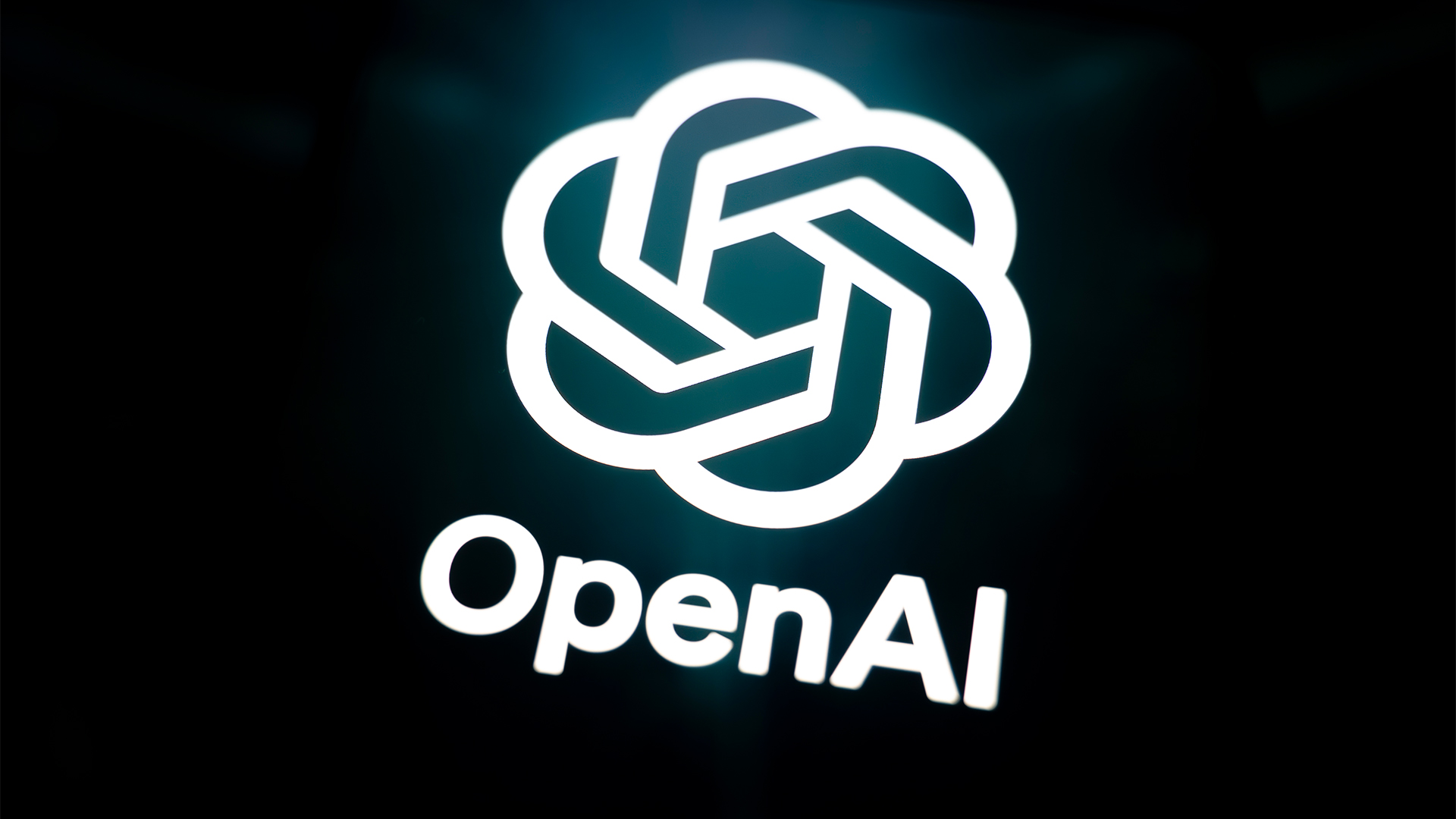 OpenAI's 'Skills in Codex' service aims to supercharge agent efficiency for developers
OpenAI's 'Skills in Codex' service aims to supercharge agent efficiency for developersNews The Skills in Codex service will provide users with a package of handy instructions and scripts to tweak and fine-tune agents for specific tasks.
-
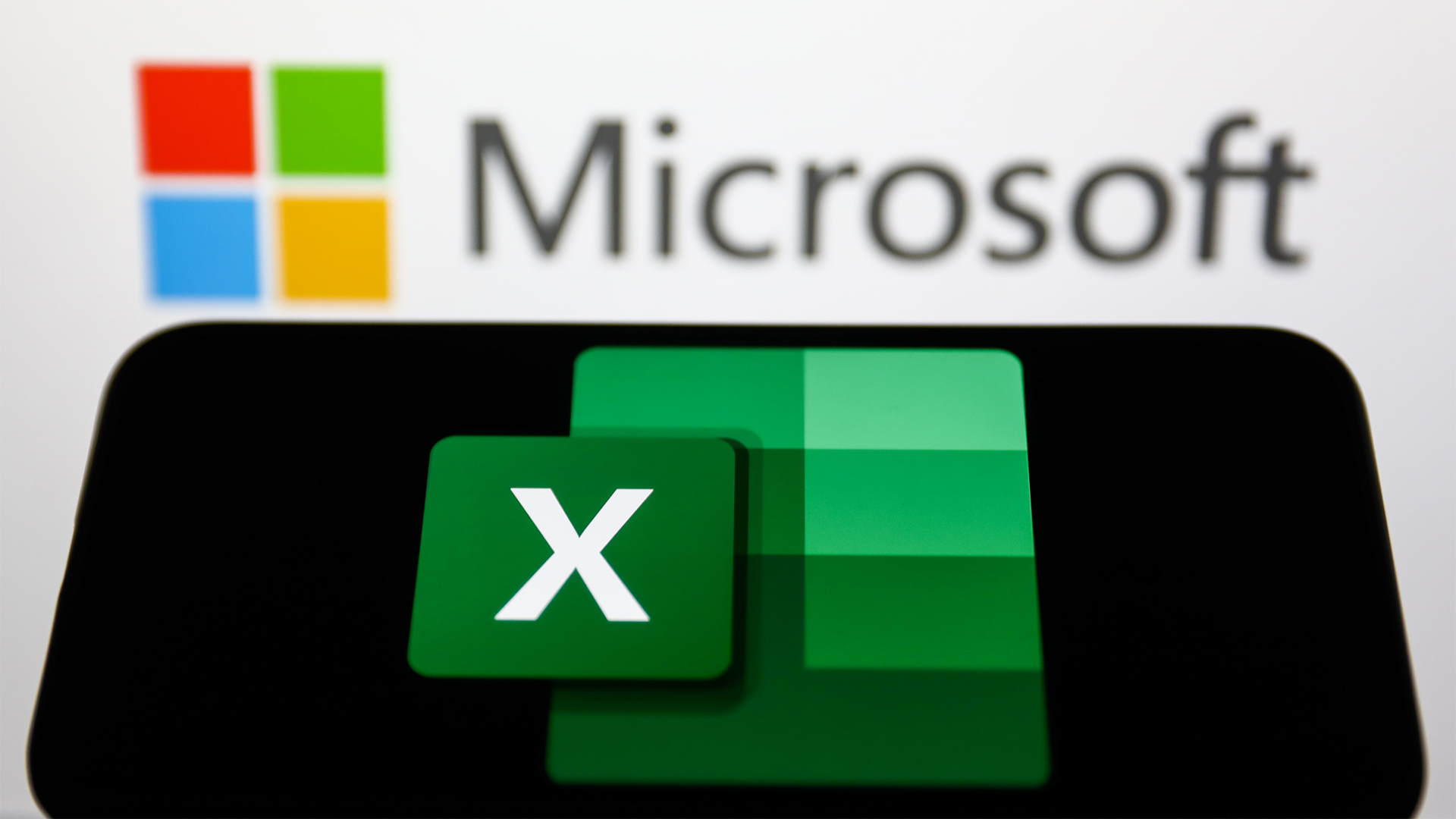 Microsoft Excel is still alive and kicking at 40 – and it's surging in popularity as 82% of finance professionals report ‘emotional attachment’ to the spreadsheet software
Microsoft Excel is still alive and kicking at 40 – and it's surging in popularity as 82% of finance professionals report ‘emotional attachment’ to the spreadsheet softwareNews A recent survey found Gen Z and Millennial finance professionals have a strong “emotional attachment” to Microsoft Excel
-
 Anthropic says MCP will stay 'open, neutral, and community-driven' after donating project to Linux Foundation
Anthropic says MCP will stay 'open, neutral, and community-driven' after donating project to Linux FoundationNews The AAIF aims to standardize agentic AI development and create an open ecosystem for developers
-
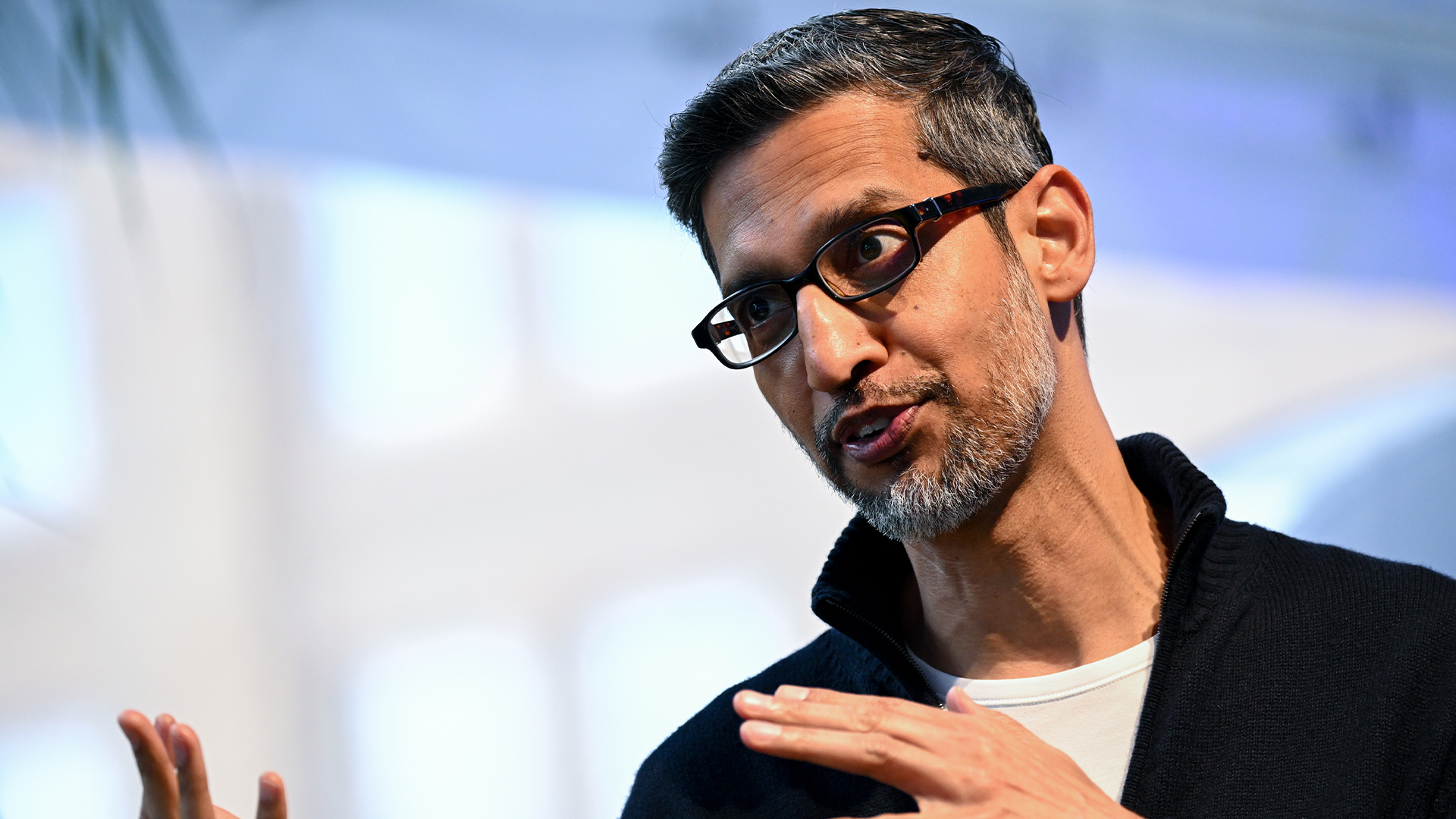 Google CEO Sundar Pichai thinks software development is 'exciting again' thanks to vibe coding — but developers might disagree
Google CEO Sundar Pichai thinks software development is 'exciting again' thanks to vibe coding — but developers might disagreeNews Google CEO Sundar Pichai claims software development has become “exciting again” since the rise of vibe coding, but some devs are still on the fence about using AI to code.